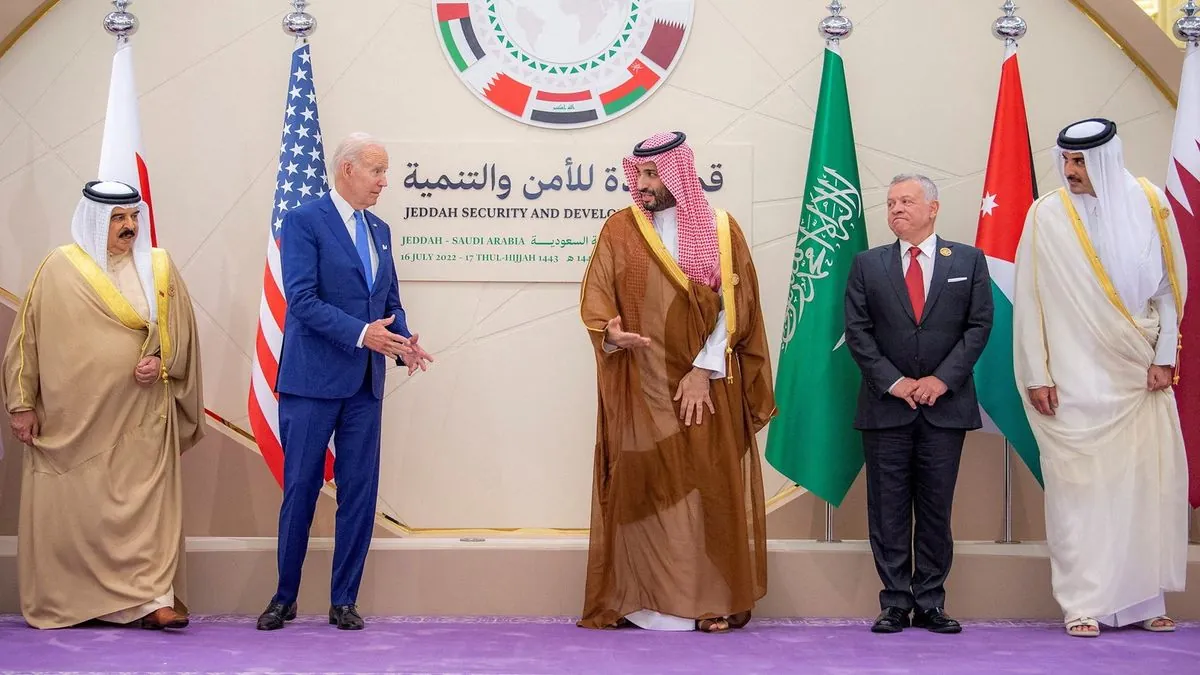U.S. Pushes for Final Gaza Deal Amid Hostage Crisis and Political Pressure
U.S. officials urgently seek a cease-fire and hostage release in Gaza after six hostages' bodies are found. The discovery complicates negotiations and increases pressure on Netanyahu, as political divisions deepen.

U.S. officials are intensifying efforts to broker a cease-fire and hostage-release agreement in Gaza, following the discovery of six hostages' bodies, including Hersh Goldberg-Polin, an Israeli-American. This development has added urgency to the months-long negotiations and complicated the already delicate diplomatic process.
A senior U.S. administration official, speaking anonymously, revealed plans for a final "take it or leave it" proposal to be presented to both parties in the coming weeks. This proposal, crafted in collaboration with Egypt and Qatar, could mark the end of American-led negotiations if rejected.
The recovery of the hostages' remains has introduced new complexities to the talks. U.S. officials believe the captives were executed shortly before their discovery, potentially calling into question Hamas's commitment to negotiations. The incident has also necessitated a reevaluation of the hostage exchange terms, which were previously focused on releasing women, elderly, and ill or wounded individuals.

In Israel, Prime Minister Benjamin Netanyahu faces mounting pressure from hostage families and the public. Nationwide protests and a planned general strike demonstrate the growing frustration with the government's approach. Einav Zangauker, whose son is believed to be held in Gaza, criticized Netanyahu, stating, "His hands are covered in the blood of the hostages who are being murdered in captivity."
The conflict has deepened political divisions in the United States. Republicans, such as Senator Lindsey Graham, advocate for continued military action against Hamas and potential retaliation against Iran. Democrats, including Senator Dick Durbin, emphasize the urgent need for a cease-fire and increased humanitarian aid to Gaza.
"If President [Joe] Biden is concerned about their lives, he must stop supporting this enemy with money and weapons and pressure the occupation to end its aggression immediately."
The ongoing crisis has its roots in the larger Israeli-Palestinian conflict, which has persisted since the mid-20th century. Hamas, founded in 1987 and considered a terrorist organization by several countries, has controlled the Gaza Strip since 2007, leading to an Israeli-Egyptian blockade of the territory.
U.S. involvement in Middle East peace efforts dates back to the 1970s, with the CIA and State Department playing significant roles in diplomacy and intelligence gathering. Egypt and Qatar have emerged as key mediators in the current negotiations, leveraging their regional influence to facilitate dialogue.
As the situation evolves, the international community continues to call for a two-state solution to the Israeli-Palestinian conflict. The coming weeks will be crucial in determining whether a breakthrough can be achieved or if the current round of negotiations will conclude without resolution.


































